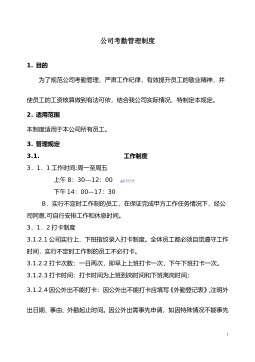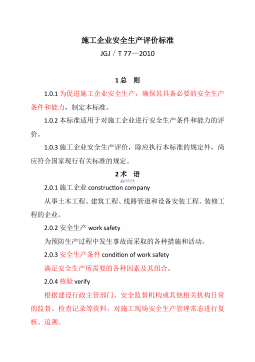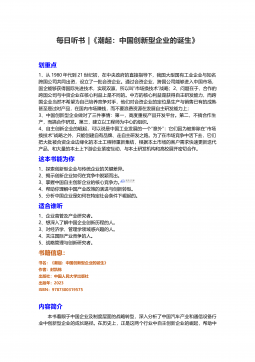
Ariel nodded emphatically. "No. You're right. I am the first to admit that angels have their flaws, but it is generally
so easy for them to find a willing partner that they do not engage in such acts of violence. But if it is true—well—" She
shrugged, and her wings shimmered and fell behind her. "I have a guess or two as to who might have shamed her in
such a way."
The others sitting near her exchanged glances. "Not— not Raphael?" the Harth woman asked.
Ariel shrugged again, causing candlelight to dance down her feathers. "Possibly. Or an angel named Saul, who
was his closest companion, and a despicable, loathsome creature. I was afraid of Saul myself—and generally, you
know, I have no reason to fear anyone."
"So, this young man, what has he done that's so terrible?" asked the older man. I was glad he'd asked, for I wanted
to know the answer myself.
Ariel laughed a little. "What hasn't he done? He is constantly fighting—with angels and mortals—bloody
fist-fights that always end up with someone being severely injured. Once it was a knife fight! But it wasn't Jesse who
pulled the weapon. And—oh, he gambles, he drinks. If I send him off on a weather intercession, he's gone for four
days and I never have any idea what he's been up to until some merchant or farmer writes me to complain. There
doesn't seem to be any great malice in him, just this— this—restlessness. This uncontainability. Life is too tame for
him, I think. He wants worlds to conquer and enemies to overcome. And instead we live in a peaceful, prosperous
country in which the only malcontents are wealthy landowners who have too much to lose to really descend to
anarchy. I don't know what will become of him. He's only seventeen and he's already wreaked havoc in two holds.
What will he do next? What isn't he capable of? That's what keeps me awake at night, once I stop worrying about the
Manadawi and how to accommodate them."
She was laughing again, and she had effectively turned the subject. I stopped listening to her conversation and
started meditating on the words she had just spoken. I had limited experience of angels and no experience at all of
restless young men, angel or mortal. But I thought this wild uncontainable Jesse sounded more interesting and
exciting than anyone I'd ever encountered in my grandfather's house. I wished enviously that I might meet him
someday, while he was still wild and untamed, and I wished still more that I was the kind of woman who would attract
the notice of a man like that. I had no idea what kind of woman that would be, but I was pretty certain that a placid,
docile, highly mannered Manadawi girl was not the sort who would draw his attention.
IT was two years before I actually did meet Jesse, and in the interim, my life had expanded greatly. By the age of
sixteen, I had become a fixture on the Manadawi social scene. I had learned what colors to wear to flatter my dark eyes
and pale hair; I had memorized all the names of the wealthy men in the three provinces, and their family histories and
genealogical trees; I had attended dinners in Semorrah and theatre performances in Luminaux. I had spent one whole
summer in Monteverde, one of many young men and women invited to the hold to cement allegiances and watch
firsthand some of the political maneuvering that went on between the purveyors of power in Samaria. I had sung at
two Glorias. I had been introduced to the Archangel Gabriel. I had danced with his oldest son. I had made friends with
Ariel's daughter. I was highly polished, perfectly well-bred and totally bored.
I didn't realize it, of course. I thought I was happy. I thought I was living the life that poorer girls would envy as
they married inferior men and lived in small houses and took no part in the great events of the day.
I never forgot Ariel's description of Jesse, though, and any time I was going to be at a gathering that included
angels, I always looked for him. But he was not the sort of angel who would be invited to attend weddings in Semorrah
or to sing a solo at the Gloria. He must have been there on the Plain of Sharon during both of those Glorias that I
attended, but I did not meet him. He was not at Monteverde the summer that I lived there, for he had been sent to
Cedar Hills as a punishment for some infraction. I heard his name often— young girls told stories about him and
giggled behind their hands; older women whispered of his misdeeds and warned each other to keep him away from the
girls in their charge. There were a number of tales about women who been led astray by his charms—he was nineteen
now and had apparently added seduction to his other vices—but I never met anyone who claimed to have been his
lover. I caught the echoes of his name in every hold and mansion that I visited, and the very syllables gave me a
delicious set of shivers. He was still wild. He was still untamed. The more refined and artificial my own world became,
the more I reveled at the news that someone else was still quite free.
And then I attended a summer fete in northern Gaza, and I met him, and my world changed.
We were all there to celebrate the wedding of Emmanuel Lesh's daughter to Luke Avalone, the son of a Castelana
merchant. Emmanuel Lesh was not as wealthy as the Karshes or the Harths, but he had a better relationship with
Monteverde and Ariel trusted him above all the Manadawi. Any affair at his house was attended by all the elite of the
three provinces, and it was no different for his daughter Abigail's wedding. Every Manadawi in the country, or so it
seemed, had been invited, as well as representatives from all the angel holds, and rich river merchants, and a few
cultured Luminauzi, and even a Jansai or two. Someone said that five hundred people were attending the event, and I
had no reason to dispute it.

 2024-11-29 7
2024-11-29 7
 2024-11-29 9
2024-11-29 9
 2024-11-29 10
2024-11-29 10
 2024-11-29 10
2024-11-29 10
 2024-11-29 11
2024-11-29 11
 2024-11-29 12
2024-11-29 12
 2024-12-14 191
2024-12-14 191
 2024-12-14 59
2024-12-14 59
 2024-12-15 67
2024-12-15 67
 2025-01-13 134
2025-01-13 134







 渝公网安备50010702506394
渝公网安备50010702506394
